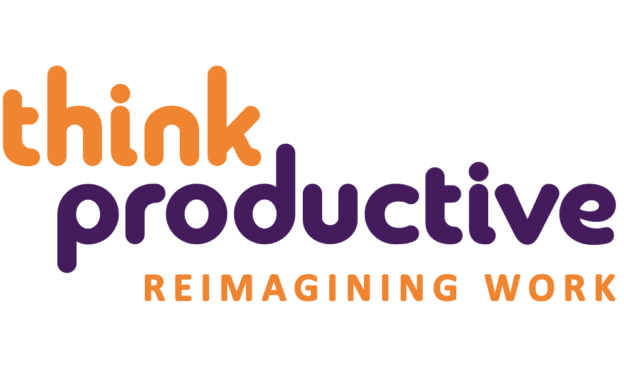Feedback is one of those icky subjects. At Think Productive North America, we’ve been on a mission recently to drive up our own feedback culture, as well as it being something we help many of our clients do too. This means getting savvy about both giving and receiving feedback. It’s never easy, but here are a few quick thoughts to make it a little less painful:
THE BIGGER PICTURE MATTERS
Feedback is usually directed at an individual, but its’ purpose is collective. We talk a lot at TPNA about eliminating “stinky fish” – this means tackling head-on those issues that start as a minor irritation but have the potential to derail the whole endeavour. I find that often the group-think temptation is to just ignore these things and hope they go away or get better on their own, but aligning feedback to the bigger picture, and being on a quest for clarity, is the less comfortable but more courageous approach. And a small but painful conversation now is almost always better than a bigger-and-even-more-painful one further down the line.
THE DETAIL MATTERS TOO
It’s easy to give feedback based on generic statements, but being specific (and of course, tying your feedback to examples of behaviours or actions) really helps. Ultimately, you’re probably needing to change someone’s mind, so give them evidence that helps them question their current reality, and making it less of an attack on their entire soul obviously helps, too.
CONSISTENCY BEATS INTENSITY
If you’ve read my How to Have The Energy book, you’ll know that we talk a lot about food habits and the idea that consistently eating well is actually much easier than following a harsh but rigid diet. It also affords you the ability to screw up or eat the odd cake with a sense of joyful abandon, because you know that you’re on the right track with all those other meals. Feedback is the same – little and often is much easier to take on board, and it means the feedback process becomes habitual and helpful (because there’s less of a barrier to positive reinforcement or small course corrections), rather than being reserved as a ‘big old slap in the face’ to be wheeled out only when something goes wrong.
STAY CURIOUS, GRATEFUL AND HUMBLE
Receiving negative feedback is difficult for all of us. And I’ll preface this part by saying that of course, not all feedback is actually valuable – sometimes it comes from a misinformed or malicious place. But that aside, we all do well to remember to stay curious, grateful and humble. One of the questions I think about a lot is “what would it be like to be on the other end of me?”. Self-awareness needs some data points, and we should be grateful and humble in how we hold space for the people who show up to provide them for us.
I feel like feedback is one of those personal growth subjects that we can never fully learn – there’s always another layer underneath, the more we dig deeper into it.
So if you want to continue expanding your understanding of feedback, you can watch my latest free webinar on YouTube ‘Giving & Receiving Feedback‘. And if you want to start changing the culture of feedback within your organisation, check out our workshop ‘We Need to Talk‘, all about replacing fear with clarity when giving feedback.
FIRST SEEN ON REV UP FOR THE WEEK
This post was first seen in Graham’s weekly newsletter Rev up for the Week. You can subscribe here for an upbeat idea for the week ahead directly to your inbox.
